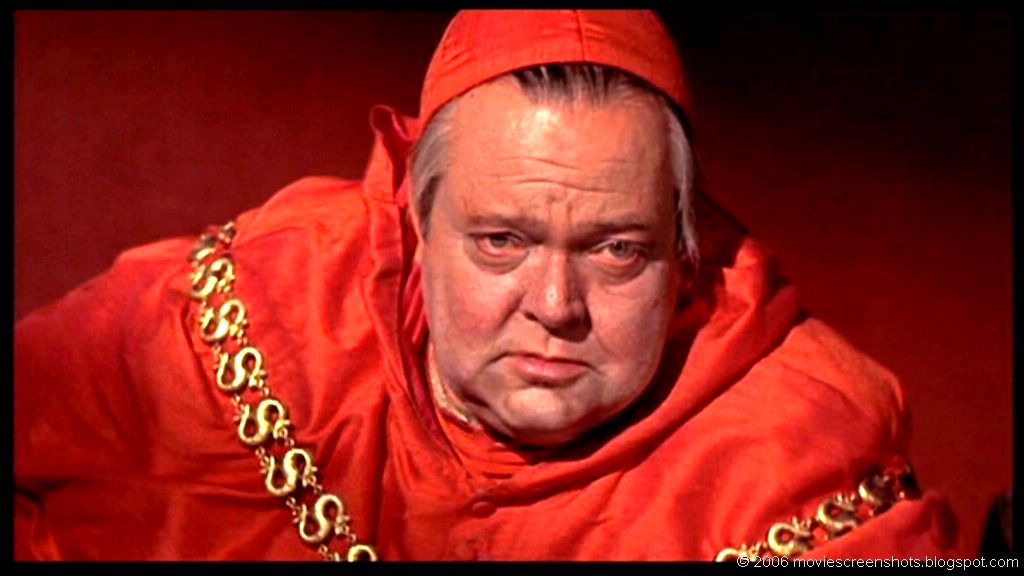When I first became serious about film, it was taken as given that CITIZEN KANE was the greatest film ever made and that Orson Welles was its single-handed auteur. Great directors made great films. As I grew older and wiser, and thanks mostly to a second hand copy of Pauline Kael's Raising Kane, I realised that movies are the product of many diverse talents and that auteur theory is largely there to puff up the director's ego. In Kael's seminal essay, published orignally in the New Yorker in 1971 - link here - she explored the making of Kane and restored credit principally to its screenwriter, the legendary Herman Mankiewicz.
Mank was one of the bright smart young jounros lured to Hollywood by the phat cash on offer. (Kael quotes the iconic telegram he was sent by the equally gifted screenwriter Ben Hecht.) Like Hecht, Mank held the industry that lauded him in no little contempt, always feeling novel writing or pure journalism were the higher forms of his craft. In particular, Mank was too smart not to see through the hypocrisy and cyncism of the studio system and hated himself for loving the luxury it brought him. And this is why we find him, in 1933, in the first tiemline of this film, sitting in the palatial Xanadu of that nasty, jingoistic punblisher William Randolph Hearst, playing court jester. Mank knew full well what Hearst was, and how he and the studio system were undermining (yet another!) iconic writer - Upton Sinclair's - progressive bid for the California governorship. And he knew just what was going on between Hearst and his squeeze, actress Marion Davis. And before long, his inability to keep on being court jester, to shut up and keep on cashing the cheques, got him into trouble. He became a nasty alcoholic, and sabotaged his career, coming up with the final act of revenge, a script for the thinly veiled attack on Hearst that was Kane. Hearst tried his best to keep it from being made, and went after Mank in the gossip columns. And that's how we find Mank in the second tieline of this film in 1940, drunk, cared for by a secretary, tussling with a credit-hogging Welles, being begged not to anger Hearst by his brother.
MANK is a cinematic tour de force and passion project for its director, David Fincher (FIGHT CLUB) based on the screenplay written by his sadly deceased father Jack. Shot in sparkling, expressionistic Black and White by Erik Messerschmidt (TV's Fargo), Fincher gives us the movie version of Kael's essay, restoring Mank to co-credit for making Kane, but also as a hero to all of those on the progressive left who refuse to be bought. The film features another superb performance from Gary Oldman in the title role, a kind of grown-up self-righteous scabrous rogue halfway between Oldman's Sid Vicious and Churchill. But there's a chillingly sinister cameo from Charles Dance, perfectly cast as Hearst and a wonderfully sympathetic performance from Amanda Seyfried as a remarkably self-aware Marion Davis to enjoy too. In smaller roles, I also liked Tuppence Middleton as Mank's wife Sara. The result is a film that is in love with the golden era of Hollywood but has no illusions as to what it truly was - a film both cynical and nostalgic - dazzling and glamourous - but seedy and sinister. I found every frame ravishing and entertaining but worry it will not appeal beyond cineastes. Mank isn't the kind of activist hero we look for nowadays. He was too mean, too mired in the studio system, too ego-centric. But by god, what a man he was.
MANK is rated R and has a running time 131 minutes. It was released on Netflix on December 4th.


